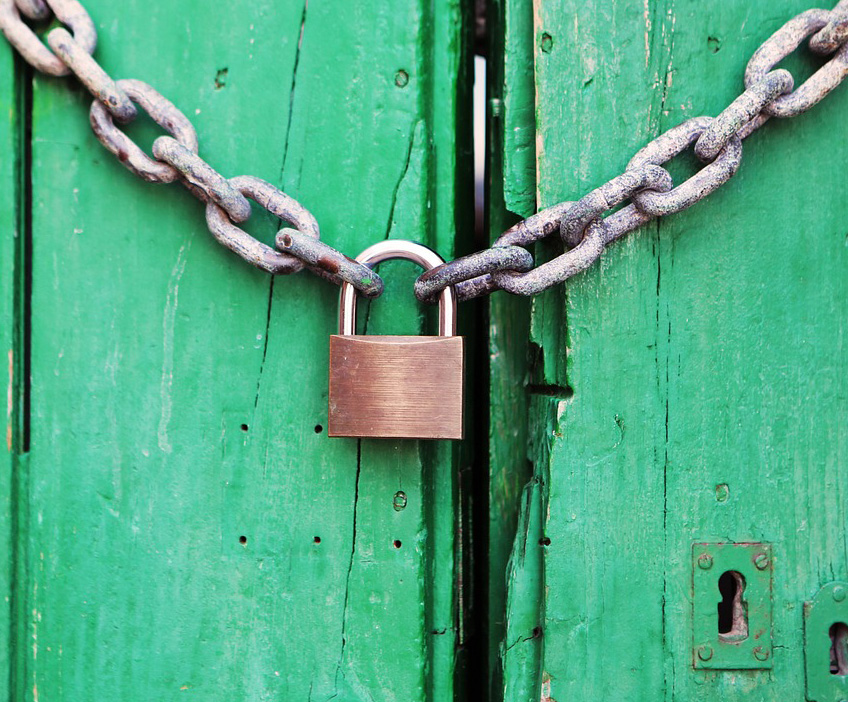In today’s digital age, passwords are a common gateway to our personal and professional information. But using the same password across multiple accounts could be leaving you vulnerable to cyber threats. Here’s why using a unique password for every account is critical and how it helps secure your digital identity.
1. Limit the Damage of a Breach
With data breaches becoming increasingly common, websites and services across the internet are vulnerable to cyberattacks. When hackers get hold of one password, they often try to use it on other popular sites to gain access to more of your information. By using a unique password for each account, you limit the damage. If one account is compromised, the rest of your accounts remain secure.
2. Protect Your Sensitive Data
Many of our accounts hold sensitive personal information, from social media and online banking to email accounts and health services. A compromised password could allow hackers to access your address, payment details, health records, and more. A unique password per account ensures that your sensitive data is better protected and not accessible via just one breached account.
3. Defend Against Credential Stuffing Attacks
Credential stuffing is a cyberattack where attackers use stolen login details on multiple sites to gain access to accounts. These attacks rely on the assumption that people reuse passwords. By creating unique passwords for each account, you help prevent credential stuffing attacks and reduce the chances of unauthorized access.
4. Enhance Overall Security
Each account you own has unique security risks, and some services may have vulnerabilities others don’t. Using the same password everywhere means that a weak spot in one site’s security could lead to a cascade of breaches in your other accounts. A unique password strategy isolates these risks and gives you peace of mind that one weak spot won’t jeopardize your entire digital footprint.
5. Preserve Your Digital Identity
Hackers who gain access to your accounts could potentially impersonate you, steal your identity, and commit fraud. With a unique password for each account, you make it much harder for attackers to gain widespread access, reducing the chances of identity theft and fraudulent activity that can take years to recover from.
Tips for Creating and Managing Unique Passwords
Creating unique passwords may seem daunting, but here are some tips to help you:
- Use a Password Manager – Password managers store and organize unique, complex passwords for each account, so you only have to remember one master password.
- Incorporate Complexity – Include a mix of letters, numbers, and symbols, making your passwords harder to guess.
- Use Multi-Factor Authentication (MFA) – MFA adds another layer of security by requiring a second verification method (such as a code sent to your phone) to log in.
- Regularly Update Your Passwords – Change passwords for sensitive accounts (e.g., banking, email) every few months to keep security fresh.
- Avoid Common Phrases – Don’t use easily guessable information like your birthday, names, or “1234.”
Conclusion
A unique password for each account might take a little extra effort, but the added protection is well worth it. Using unique passwords limits the damage from data breaches, keeps your personal information secure, and ultimately helps protect your digital identity. Taking these steps now can save you from serious security issues down the road, giving you peace of mind in an increasingly connected world.

